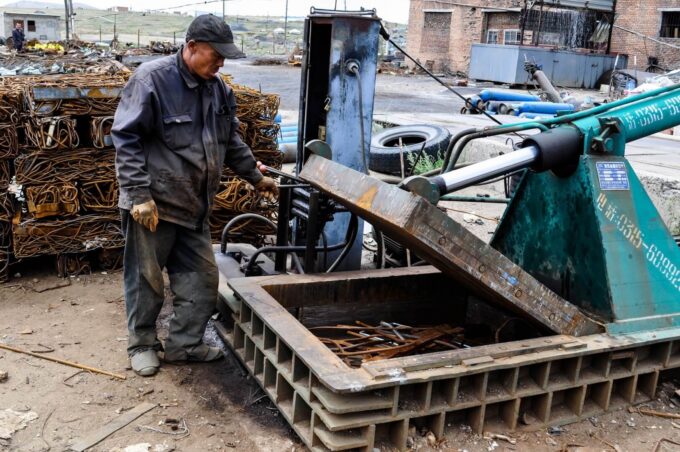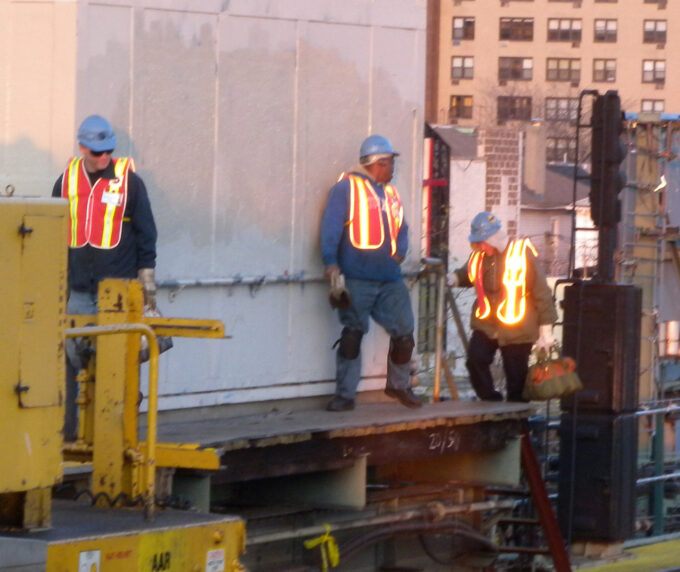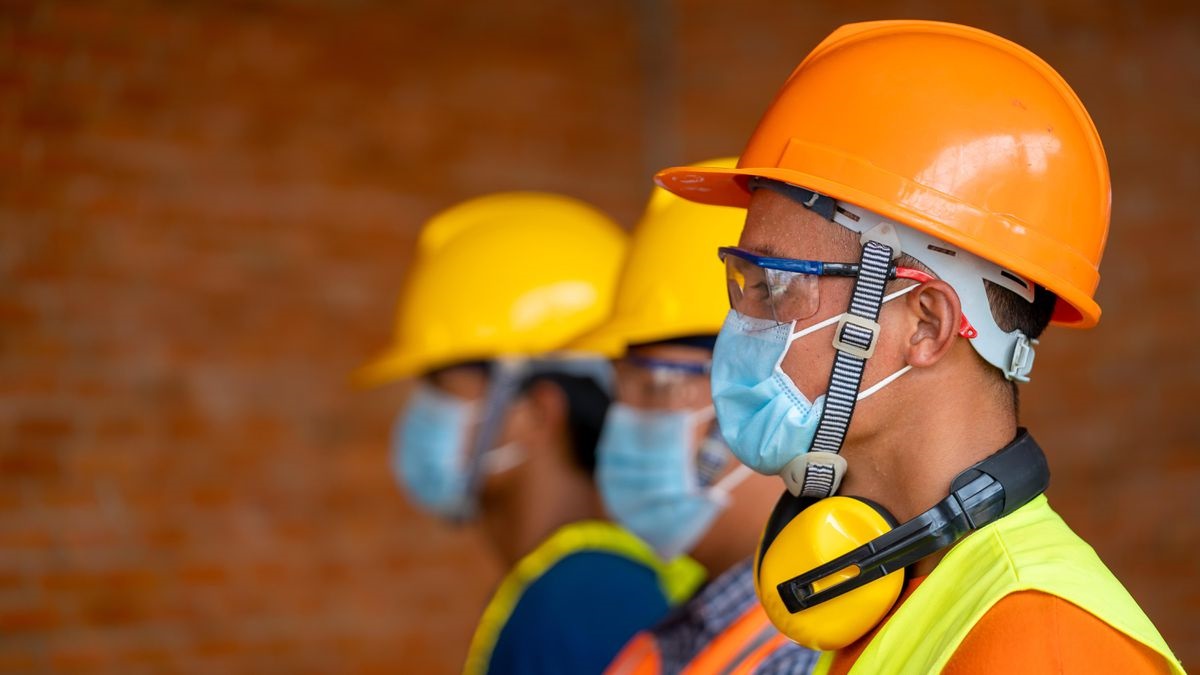Human rights have immensely evolved in the past two decades, allowing workers to work in safe working environments and to be able to identify and request meeting certain criteria when it comes to their health, time, payment and overall well-being. However, the world’s fast economy and the capitalistic approach to life, have made a new platform for people to feel frightened, armourless, legally unprotected, and not only legally, but moreover — existentially.
Certain working conditions should be considered unacceptable but being a worker today and having no knowledge about the laws, quite often results in being a victim of the company people are working for, or their employers’ intention to exploit them to the maximum extent. Considering the fact that having a job represents the foundation for a normal life, as well as the only way to provide yourself and your family with everything they need, speaking up about the unfair or other issues might be extremely difficult for an employee.
This situation puts every worker into a position where he has to choose between risking his life or health or losing the job and becoming unemployed.
WHEN’S THE RIGHT TIME TO ACT?

What can one do in a situation when he notices that there are unsafe or dangerous working conditions? Some would say it depends on whether the danger occurred after some time or it was present from the beginning, but the truth is, the moment you notice any unhealthful working conditions, it is the right time to make a move.
It would be best to seek professional help or advice from renowned law firms and experts in the field such as Eldred Law. Getting the exact information about your issue and your rights can save your health, whether it is mental or physical, and sometimes, it can even save your life.
CAN YOU ACTUALLY DO SOMETHING ABOUT IT?

Several court decisions have affirmed that workers definitely have the right to refuse assignments if these assignments endanger their health or if they are opposite from the employees’ ethical or other beliefs.
The United States Department of labor is loud and clear about workers rights to refuse dangerous work as they’re giving them instructions on what to do when found in that situation. One of the steps needed to be made is to ask the employer to eliminate the danger or to correct the hazard and to eventually assign other work to you in the meantime, so that you can uninterruptedly do your job and get paid for it without having to worry about the consequences of speaking out.
WHAT IF YOU DON’T KNOW?

The problem occurs when workers are actually not aware of the detrimental health effects their workplace has left on them. Whether it is linked to their sight, hearing, skin problems, various types of injuries or other repercussions, it all comes to being exposed to the streaks of extremely high noise levels, poisonous chemicals or substances, machine vibration — generally speaking, anything that can cause damage to your body in short-term or in the long-term.
But it’s also very common and maybe more difficult to distinguish normal behavior from harassment, so it is important to speak about psychological consequences, as well as the physical ones. Workplace harassment based on any personal factors such as nationality, gender or religion can be described as hostile or intimidating and it can also be treated with the same level of heed.
GETTING LEGAL HELP

When consulting with your solicitor, you can expect to get informed about everything you need to know, and the ways you can check if there are any problems with your health, as well as recognizing the harmful conditions or behaviors you may have been or still are exposed to. You will also get prepared for making a claim and after assessing your circumstances, and a successful settlement, you may feel like you finally have someone to rely on. Depending on the case, you can expect to get money compensation and of course, personal satisfaction with the success you’ve made.
REASONS TO REFUSE THE TASK

The act of refusing a work assignment without any legal protection is called insubordination. What this means is actually not doing something that was assigned to you. It can be found in numerous kinds of jobs and industries and it can even include a disrespectful behavior or attitude towards your supervisor.
However, there’s often an insignificant reason behind that, compared to life-threatening situations in which refusing to do something would be the only option. If there’s a possibility for a worker to get hurt or to endanger himself by a machine or tool he uses at work, or the general condition of the workplace is likely to cause him some life-threatening injuries, illness or death, that’s definitely a green light to take action. Not only taking action but immediately stopping and reporting the issue is what should be done in any case.
There’s also a reason to report the unsafe workplace if your employer did not provide you with the right clothing for protection, or if he didn’t evaluate the risk of your exposure to certain chemicals. There’s also a possibility that he failed to provide you with safety training that would save your life in dangerous situations. All the above mentioned is enough for you to be determined in fighting for yourself.
BOTTOM LINE

Having an alternative in front of you which includes getting injured or having serious life-threatening consequences from working, should not be concerned as an alternative at all. Workers have been asked to work in dangerous and inadequate workplace conditions, and they will be in the future.
But being in danger is much worse than losing a job or putting in some extra effort to start over again and provide yourself with better chances for happiness, wealth and health. This is exactly why each individual should stand up, speak up for himself and make an impact on every other person who’s in the same situation, preventing it from happening again in the future.










